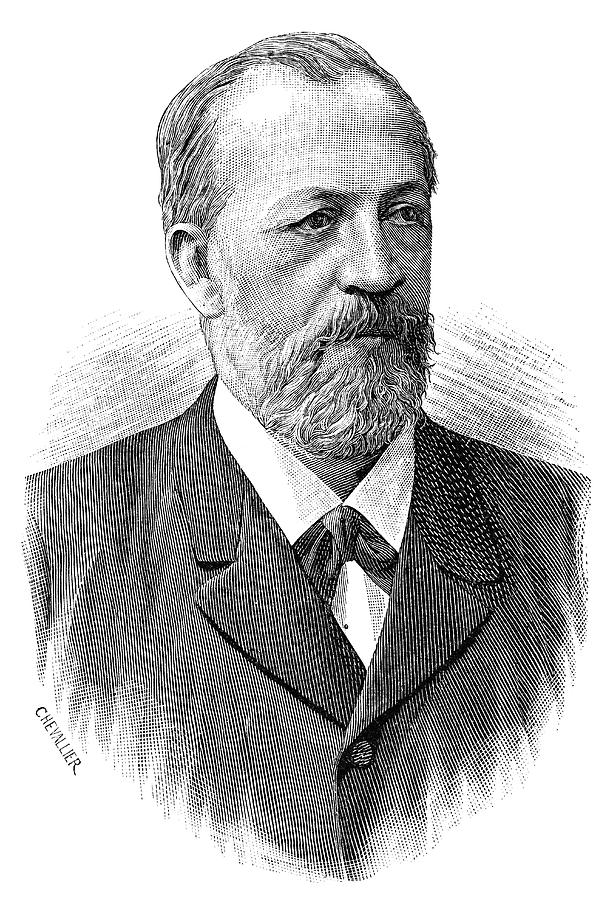
Nikolaus Otto Photograph by Science Photo Library Fine Art America
How Nikolaus August Otto created the 4-stroke internal combustion engine During his travels, Otto became acquainted with the first internal combustion engine built by Lenoir, and what Otto would develop still remains relevant in today's internal combustion engines. Published 5 Nov 2020, By Jean-François Tissot

Duke nos demuestra con su motor axial que todavía hay dónde mejorar en los motores de explosión
Despite a lack of technical training, Nikolaus August Otto (1832-1891) had the ingenuity to make the first practical internal combustion engine. He later devised the four-stroke engine, known as the Otto cycle, which was widely used for automobile and other motors.
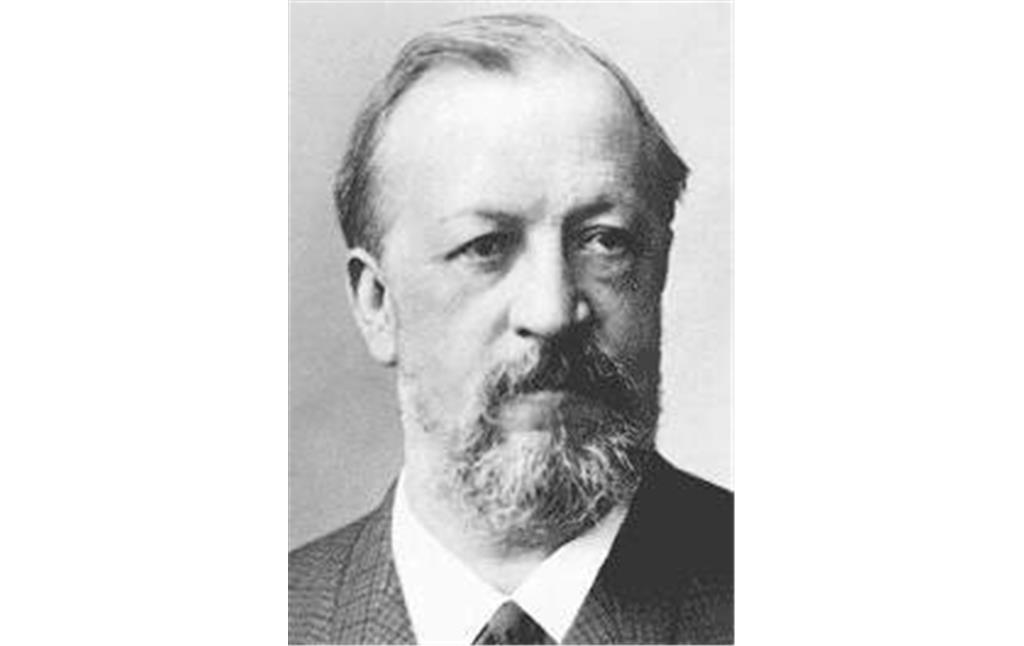
Motorenwerk N. A. Otto & Cie. Objektansicht
The 1860 Lenoir Engine. Nicolaus August Otto as a young man was a traveling salesman for a grocery concern. In his travels he encountered the internal combustion engine built in Paris by Belgian expatriate Jean Joseph Etienne Lenoir. In 1860 Lenoir succeeded in creating a double-acting engine which ran on illuminating gas at 4% efficiency.

Biografía de Nikolaus Otto corta y resumida ️
OTTO, NIKOLAUS AUGUST (1832-1891)Otto was born in the village of Holzhausen, near Frankfurt. His father, an innkeeper, died when Otto was a small boy. This was a period of declining prosperity in Germany, although Otto's mother had hoped her son might receive a technical education, Otto was forced to leave school and take up employment in a Frankfurt grocery store.

Portrait, photogravure, Nikolaus August Otto / Photographische Gesellschaft Berlin Science
Nikolaus August Otto1832-1891 German engineer who built the first four-stroke internal combustion engine. The principle of a four-stroke engine (intake, compression, combustion/power, exhaust) had been patented by the Alphonse Beau de Rochas several years earlier, but Otto's engine was the first to be constructed. The four-stroke engine ran more efficiently than previous types and helped make.

Rückblick vom 7. Mai 2021 Forum Das Wochenmagazin
Died: Jan. 26, 1891, Cologne. Nikolaus August Otto was a German engineer who developed the four-stroke internal-combustion engine, which offered the first practical alternative to the steam engine as a power source. Otto built his first gasoline-powered engine in 1861. Three years later he formed a partnership with the German industrialist.
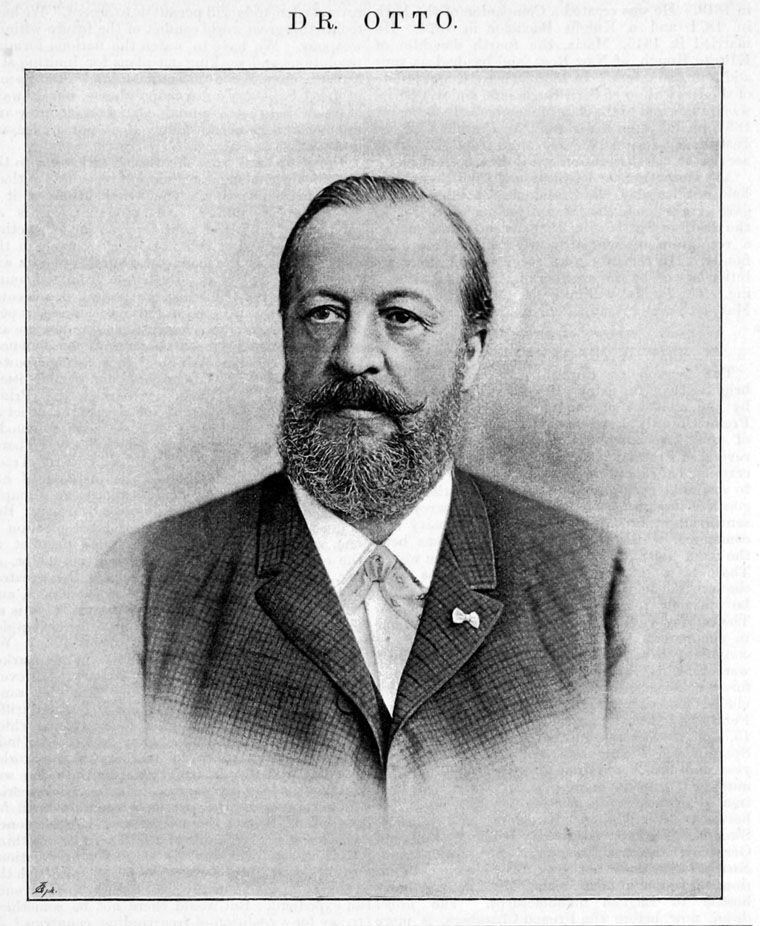
Nicolaus August Otto Graces Guide
Nicolaus August Otto and the Four-Stroke Engine. His name is inextricably linked to the development of the automobile: Nicolaus August Otto was born in Holzhausen auf der Haide in the Taunus on 10 June 1832, 190 years ago. Otto was the youngest of six children in a family of farmers and innkeepers, so his life wasn't exactly easy in the early days.
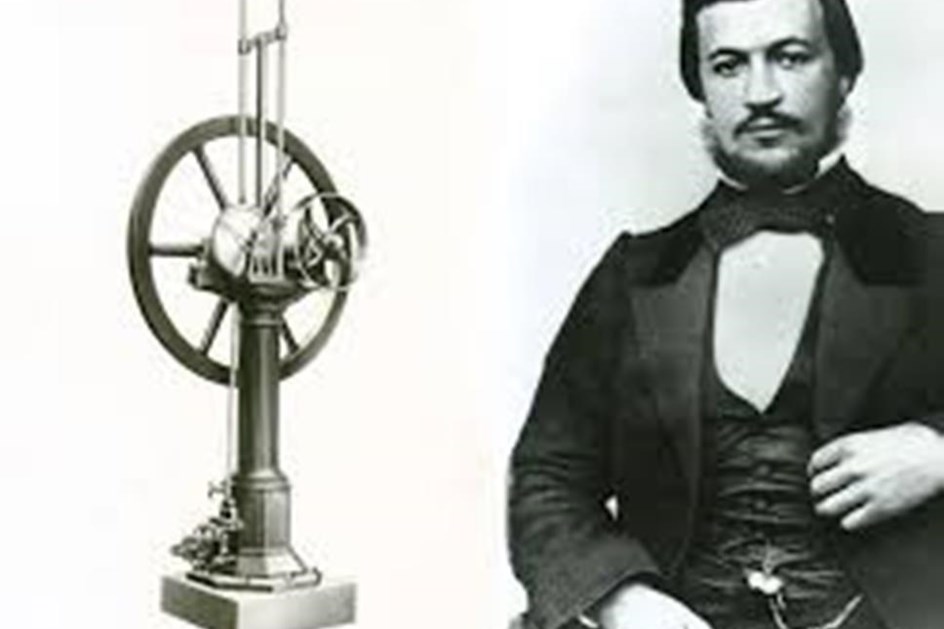
10 de Junho de 1832 Nasceu Nikolaus Otto Efemérides Aquela Máquina
Dr Nicolaus August Otto (10 June 1832, Holzhausen an der Haide, Nassau - 26 January 1891, Cologne) was the German inventor of the first internal-combustion engine to efficiently burn fuel directly in a piston chamber, the Otto gas engine.. Although numerous other types of internal combustion engines had been invented (e.g. by Étienne Lenoir) these were not based on four separate strokes.

Nicolaus August Otto Portal Rheinische Geschichte
Founded Otto & Cie. in 1863 - now known as Klocker-Humboldt-Deutz, the world's oldest manufacturer of internal combustion engines. The automobile was only a distant dream when self-taught engineer Nikolaus Otto developed the engine that eventually made cars a reality. As a boy in Germany, Otto showed engineering promise, but his widowed.
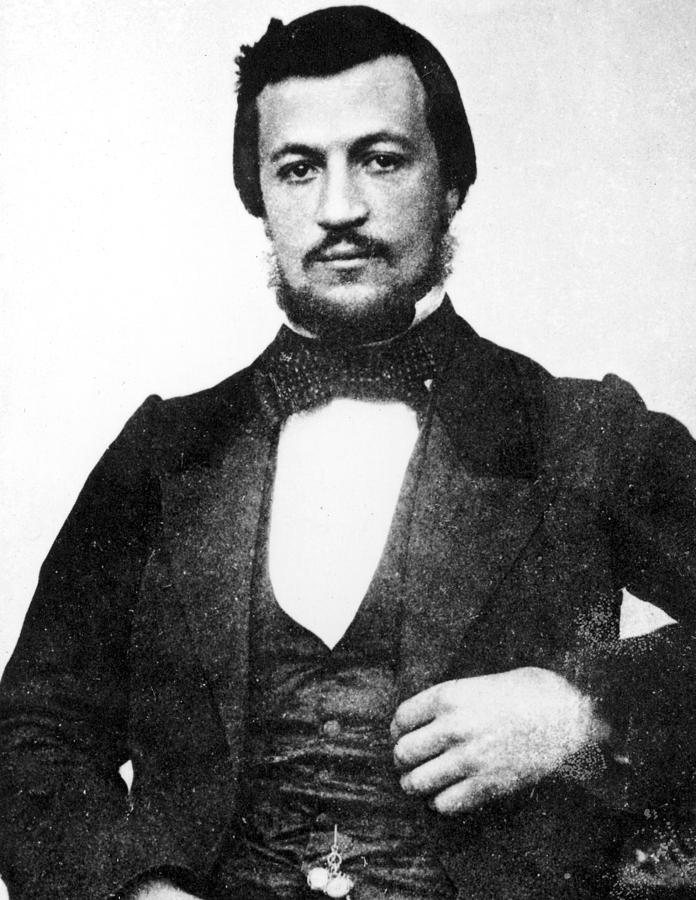
Nikolaus August Otto (18321891) Photograph by Granger Fine Art America
1.3 billion engines worldwide use the four-stroke principle. Nicolaus August Otto, inventor of the combustion engine and founder of the company that is now DEUTZ AG, died on 26 January 1891, exactly 125 years ago today. The salesman from Holzhausen an der Haide recognised the potential of motorised drive systems at an early stage and in 1864.

24 Fun And Interesting Facts About Nikolaus Otto Tons Of Facts
Nikolaus Otto, (born June 10, 1832, Holzhausen, Nassau, Germany—died January 26, 1891, Cologne), German engineer who developed the four-stroke internal-combustion engine, which offered the first practical alternative to the steam engine as a power source. Otto built his first gasoline-powered engine in 1861.
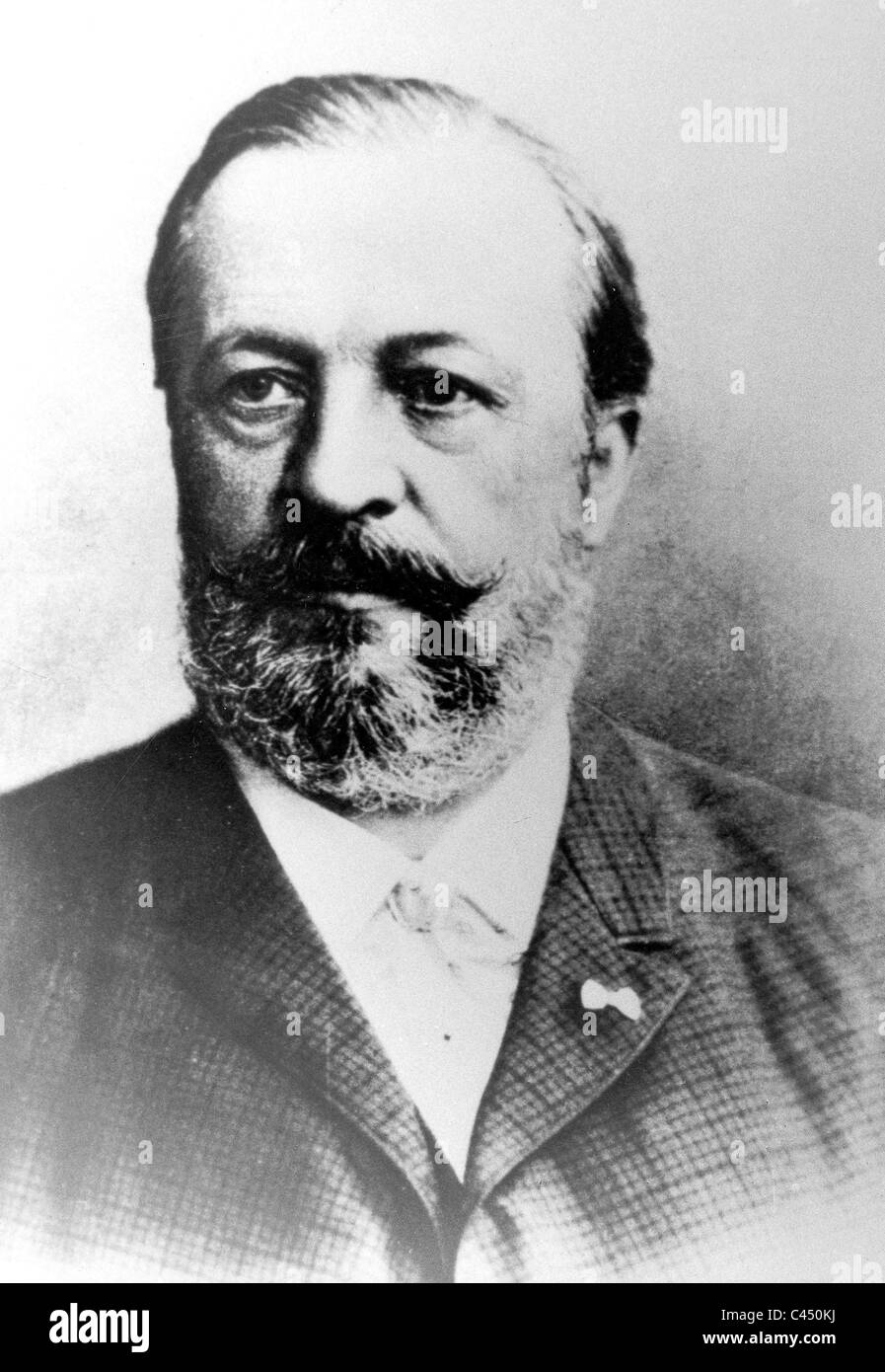
Nikolaus August Otto Fotografía de stock Alamy
Book at Hotel Augustus Et Otto Prague. No Reservation Costs. Great Rates.

Nikolaus otto SchwarzweißStockfotos und bilder Alamy
Nikolaus August Otto was a German engineer who developed an effective internal combustion engine. Otto's development of a four-stroke engine significantly reduced the weight and increased the power of a petrol engine, making petrol-powered cars a realistic proposition and alternative to steam power. It ushered in a new era of the.

Nikolaus Otto Biography YouTube
Born June 10, 1832 - Died Jan. 26, 1891 Engineer Nicolaus August Otto invented the first practical alternative to the steam engine. Born in Holzhausen, Germany, Otto built his first gas engine in 1861. Then, in partnership with German industrialist Eugen Langen, they improved the design and won a gold medal at the Paris Exposition of 1867.
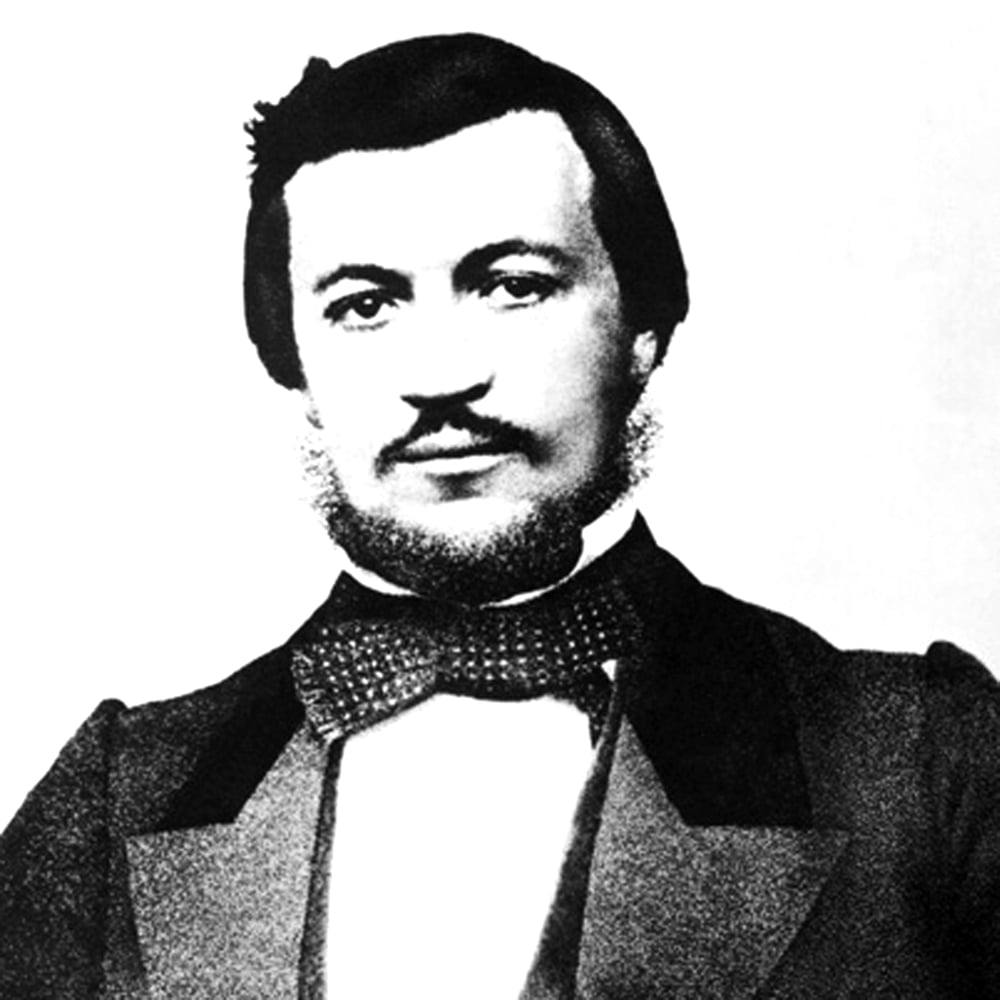
Nikolaus August Otto German Inventor Poster Print by Science Source
Nicolaus August Otto (10 June 1832, Holzhausen an der Haide, Nassau - 26 January 1891, Cologne) was a German engineer who successfully developed the compressed charge internal combustion engine which ran on petroleum gas and led to the modern internal combustion engine.
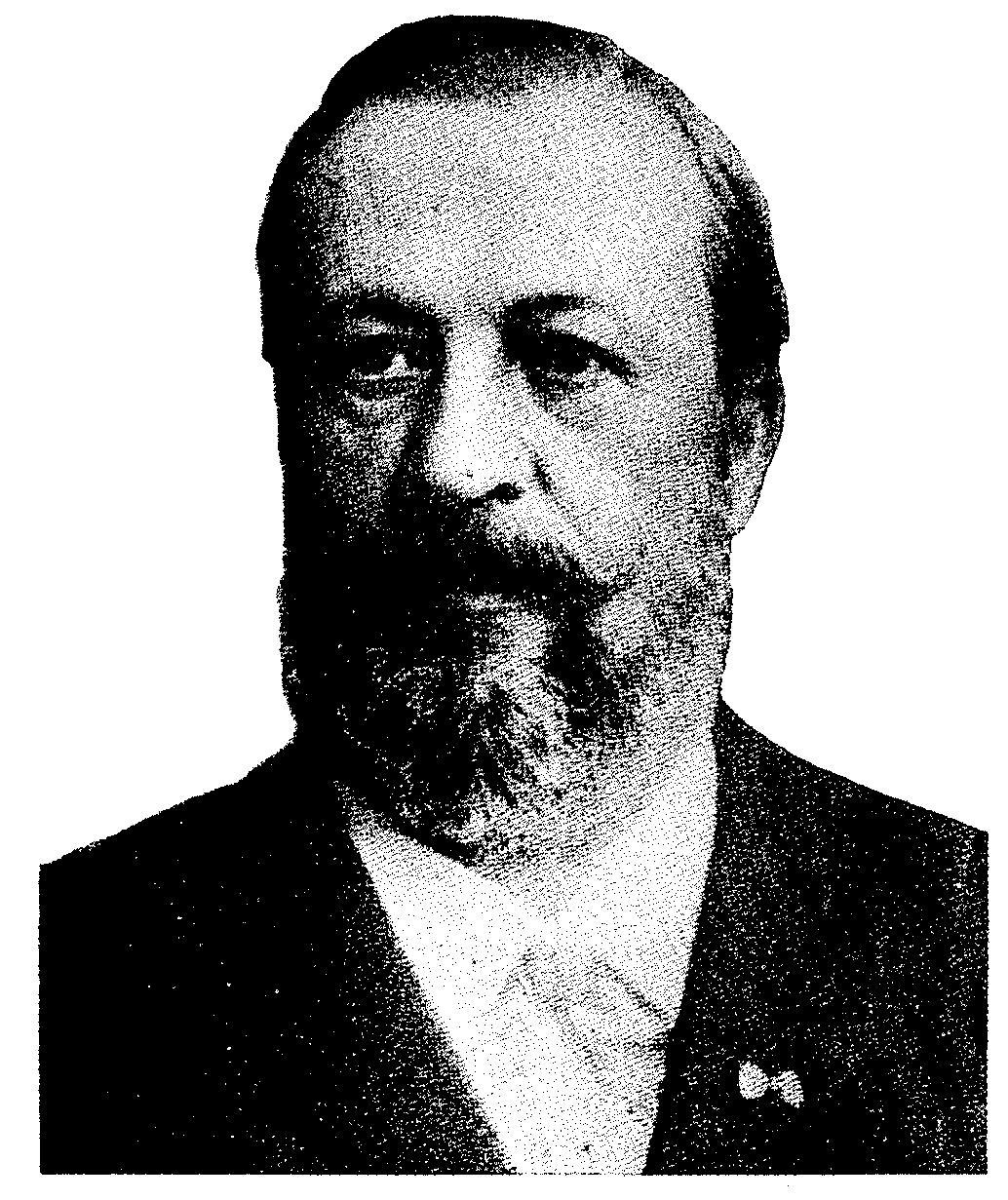
ManoEMano 2010 The Most Influencial People in the World NIKOLAUS AUGUST OTTO (18321891)
The Importance of Nicolaus Otto . One of the most important landmarks in engine design comes from Nicolaus August Otto who in 1876 invented an effective gas motor engine. Otto built the first practical four-stroke internal combustion engine called the "Otto Cycle Engine," and as soon as he had completed his engine, he built it into a motorcycle.